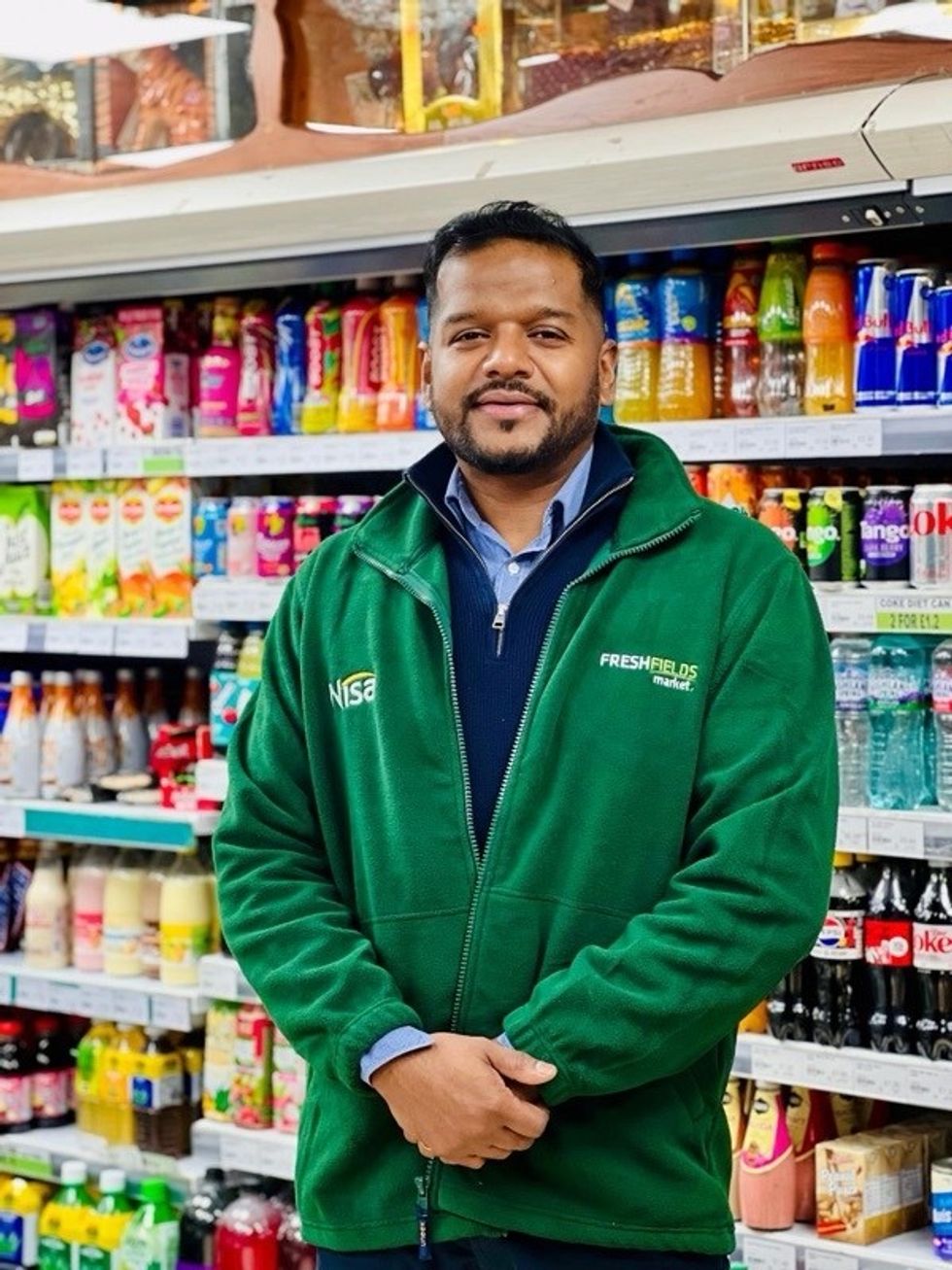A leading convenience store owner in Croydon has welcomed that Met Police's pilot on installing facial recognition cameras on street furniture in south London.
The town, a hotspot for violent crime, is set to be a test case for AI policing.
It follows previous deployments of vans with live facial recognition (LFR) in a number of London boroughs, including Croydon, by the Met.
The move by the Met Police is welcomed by businesses in the area.
Retailer Benedict Selvaratnam, the owner of Freshfields Market in Croydon and Vice-Chairman of the Croydon Business Association, has welcomed the installation of cameras.
Selvaratnam told Asian Trader, "We’re happy to see the facial recognition tech being implemented. Since the rollout, we’ve already started to notice some differences, even though it’s still early days."
The borough is touted as a hotspot for violent crime and possession of weapons, with an overall violence against the person rate of 30.3 per 1,000 residents (above the capital’s average of 28.4) over the year ending March 2024.
It has the eight highest rate of possession of weapon offences of all London boroughs.
In terms of shop theft and violent crime in retail, South London has been rated as one of the most notorious places in multiple industry reports, including recent reports by Usdaw and BRC.

Selvaratnam adds, "Of course, we understand this kind of measure can sometimes just displace criminal activity rather than eliminate it entirely.
"But ultimately, our responsibility is to protect our locality and make the town centre as safe as possible for businesses, residents, and visitors.
"As Vice-Chairman of the Croydon Business Association, I’ve been pushing for this for quite some time and I’m glad to see it finally coming into action. We’ll continue to work with the Council to ensure it’s used effectively and responsibly," he said.
LFR works by mapping a person's unique facial features, which can be matched against faces on watch-lists.
Under the new pilot, while the cameras will be permanent fixtures on furniture, they will only be switched on when officers are using the technology in the area.
The Met said its safeguarding procedures mean any biometric data from members of the public who are not wanted by the police is immediately and permanently deleted.






